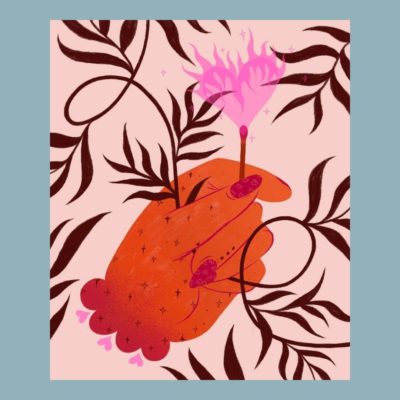Around age 10, I started to learn to use the concept of the ‘silver lining’ to manage my grief/loss and  helplessness. At this age, I had already moved around 12 times with different caregivers and I was generally depressed. It was a coping mechanism for me to focus on what was going right.
helplessness. At this age, I had already moved around 12 times with different caregivers and I was generally depressed. It was a coping mechanism for me to focus on what was going right.
As a fourth grader, I worked hard to get good grades.
As a teenager, I learned the serenity prayer and tried to ‘change what I could control .’
As a young adult, I prayed, was a devout Christian and did my best to be positive.
I didn’t know the Pollyana story at the time, but I was intentionally like her. Through tears and heartache, I would ask myself, “Okay what is the bright side of this?? What did I learn?”
I had a ‘growth mindset’ before it was popular.
It was a very empowering approach and people who ascribe to the idea of ‘rugged individualism’ like to see my success as rooted in my hard work.
But the fact is, I could succeed in the academic world because academics came easy to me. What if they didn’t? In my case, I would not have received a scholarship to college. I would have been emancipated at 18 and homeless.
Before then, if I had not been docile and people pleasing, but expressed my anger and frustration by talking back/speaking up about legitimate oppression, I would have been transferred to a group home where pimps could have lured me to run away. And if I spoke up for myself, was angry and defiant there, I’d be placed in juvenile hall. All of which leads to prison. We also see this in schools as the punitive system creates a ‘school to prison pipeline.’ This is the way a domination/classist/inequity steeped system works.
Recently I was in a virtual training with people from all over the world and they all started throwing around this idea of Post Traumatic Growth. And how ‘isn’t it great that even though we face challenges we grow from them and we wouldn’t be who we are if it were not for those challenges?’
And of course, there is some truth to this. This approach of intentionally seeing the trauma, the many disappointments in my life, the continual displacement, as something I developed strength in overcoming, did help me.
And yet, I found the gleeful talk of post traumatic growth, cringeworthy.
A guest speaker, Stephen Porges, gave me my answer about why it felt this way to me. He agreed that yes, sometimes there is a silver lining to trauma and people experience this post-traumatic growth. And he also said that when he has worked with foster youth and others with complex trauma, he does not see the same outcomes. Sometimes it just doesn’t happen.
I was astounded that even though he said this repeatedly, the folks just kept on focusing how great it is to grow from trauma. Knowing the reality of foster youth and others, I could not gloss over it. I could not join the post traumatic growth party.
I know there are limits to silver linings.
Many who have been so deeply and violently abused, systematically, within their families and then within the system of foster care, incarceration, migrant injustice, have a much harder road. They are abused so deeply, they are programmed (often generationally) for self hatred which is reinforced by everyone and every system they face.
In this conference, I also kept on bringing up the impact of systemic racism and the importance of acknowledging this in the healing framework with BIPOC clients. This was largely ignored, though some people did write to me personally in support.
Clearly, I was in a conference with many people who do not have a deep understanding of the underbelly of this country and oppressive systems.
Because of my journey as my immigrant mother’s daughter, foster youth and social worker, I can never gloss over the fact that, while my life is transformed and sweet and safe now, there are so many still struggling.
Every minute.
They are the ones who were absent from this conference, whose voices were silenced and ignored.
I have seen positive results with those I’ve worked with, who’ve had complex trauma, who have learned to reclaim their inner child and connect to Spirit/Nature/Ancestors.
But it is a ‘clawing up the side of a cliff to save yourself’ struggle, not a party.
And it requires much more than rugged individualism.
It involves healthy relationships built over time,
trust put back together in pieces,
self-worth stepped into with deep faith,
extreme courage, diligence,
falling apart and trying again,
supportive community,
help for struggling families,
addressing poverty,
dismantling domination culture,
fixing inequity and..
SYSTEMIC change on so many more levels.
So while I do understand that the underlying intention of focusing on post traumatic growth is to see us as more than our trauma, I hope we can do so from a grounded place that recognizes differing experiences and challenges…and knows there is still MUCH work to do.
Otherwise, it’s just another bypass.
Gorgeous art by Nicole Medina_2

This is deep truth – I want to share it with everyone I know who works with or talks about trauma. I will certainly re-read it many, many times myself. Thank you, Sylvia.